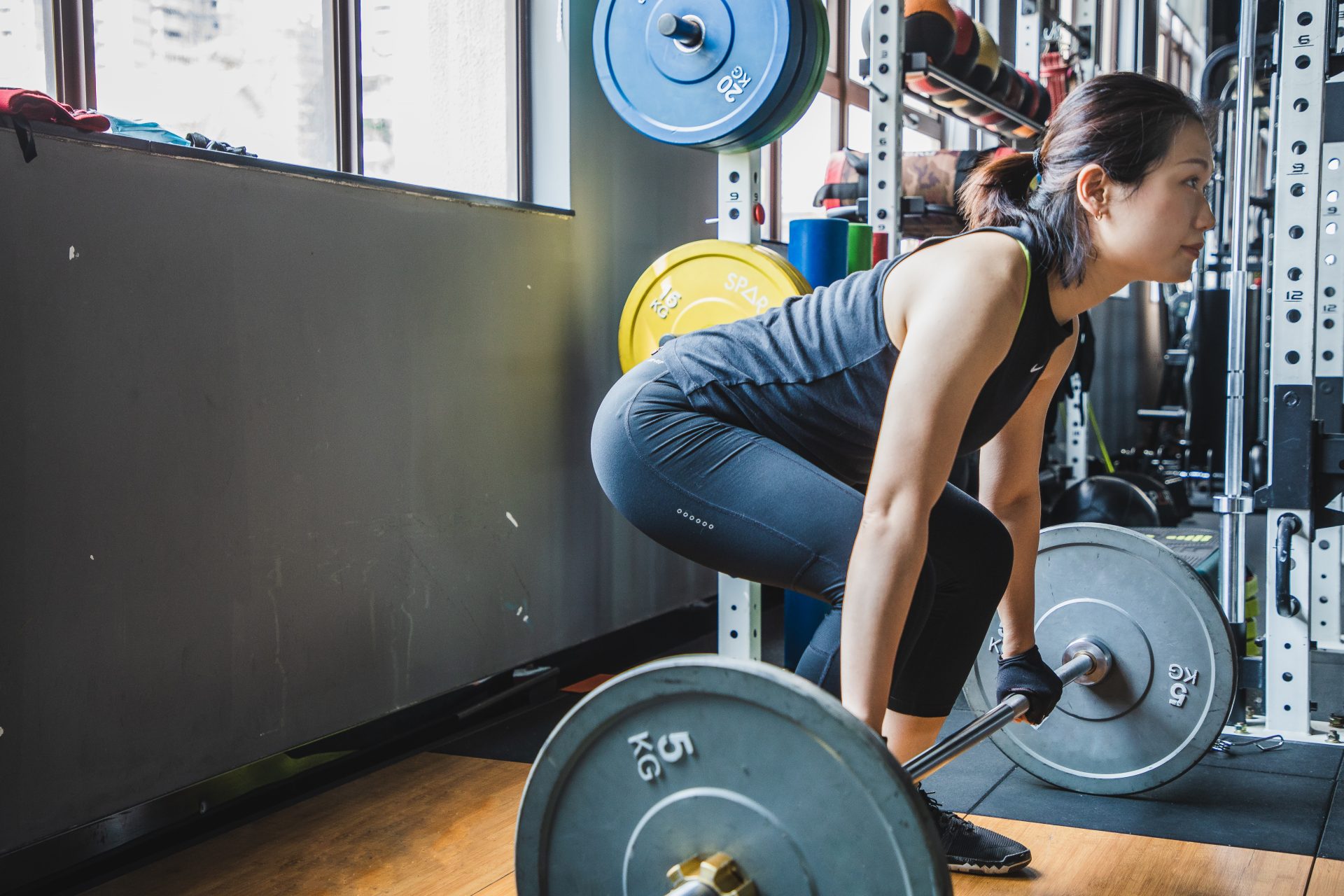Ice baths are famed for improving workout recovery — here’s why they might have the opposite effect.
Whether it’s wild swimming in the depths of winter or filling your bathtub with ice at home, cold water therapy is big on the health and wellness scene.
The biohacking technique is a hotly debated one. Attempting cold water therapy as a means to improve your health without nailing the basics first is pointless, says nutritionist and ‘anti-biohacker’ Dr Adrian Chavez. “The cutting edge biohacks don’t work when you’re not sleeping enough, eating well, drinking water and aiming for 30 minutes of daily movement,” he says.
You may also like
Biohacking for beginners: The 4 basic things a doctor wants you to know before thinking about biohacking
But for those who have got the most important practices nailed, the benefits of cold water immersion appear to range from mental clarity to potent reduction of inflammation. However, that latter side effect might not always be good for us, says Dr Chavez.
“Adaptation from weightlifting requires inflammation that is downregulated by ice baths. Because of that, studies have shown that cold water interferes with muscle gain after weightlifting,” he explains.
Essentially, the muscle inflammation we experience after exercise – particularly after strength and resistance training – is how the body knows to rebuild and repair itself. If you reduce that inflammation with cold water immersion straight after training, the body won’t take on the adaptations to make the muscles bigger and stronger.

In a 2015 paper from the Journal Of Physiology, cold water immersion was shown to substantially reduce long-term gains in muscle mass and strength during a 12 week lower body lifting programme. And another 2020 paper found negative effects on strength adaptations during two eight-week strength programmes.
Dr Andy Galpin, a professor of sports and exercise, also spoke about this in a recent episode of The Huberman Lab, saying: “Getting into an ice bath immediately after a hypertrophy session negates the benefits so much, you might as well not do the session.”
There may be less damaging side effects after endurance exercise, according to a 2021 review that concluded that cold water does not appear to influence adaptations to cycling times or cardiovascular output for better or worse.
You may also like
Fitness for self-care: why the latest trend is using exercise and recovery to de-stress
It’s worth noting that pro-athletes like Serena Williams and Usain Bolt, who have both shared their fondness for ice baths, may experience more benefits from ice baths. “The only benefit for ice baths post-training is if you’re exercising an incredible amount and you need to recover quickly to be able to perform the next day,” Dr Chavez says. During competitions, the extreme downregulating of inflammation can be useful – athletes don’t need to physically adapt to the exercise they are doing during a match or a race. Instead, they want to give it their all for multiple days in a row, and recovering from inflammation is crucial for that.
But for those of us who are just exercising to reap the improvements to our physical health, it’s probably not worth the dunk. Dr Galpin recommends saving your wild swims for rest days to avoid any cross-over, but it’s not necessary to spend all your money on bags of ice if you’re trying to be fitter and stronger.
Images: Getty
Source: Read Full Article
